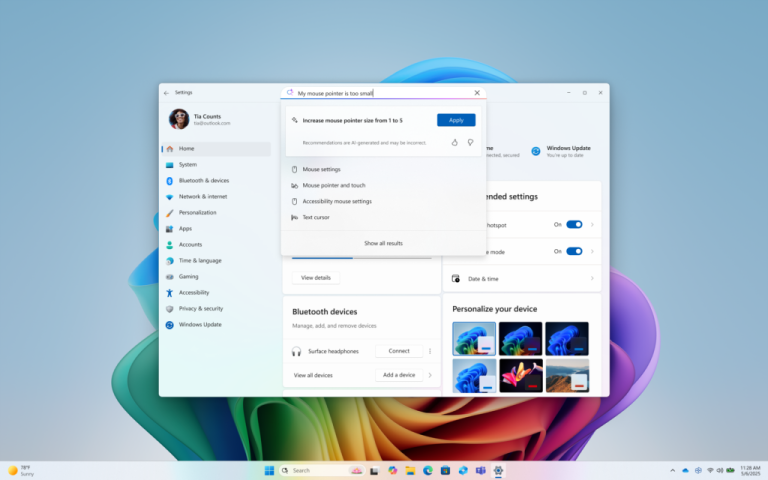
It is a dream of every student to score more than 90% in their Class 10 board exams. It is the first phase a student completes and they are one step closer to shaping their career. Maths happens to be one of the major subjects for Class 10.
Maths can be a tricky subject but with a little practice and understanding the concepts clearly, a student can work wonders. Maths is not a subject where you can memorize a few concepts and apply them to the problems. It needs constant practice and solving different types and levels of numerical problems.
A lot of students do not understand the importance of studying Maths. It is important in your further studies, no matter what field you choose. Students often find a way to prepare for the Maths exam as it may confuse them. However, before planning to design a timetable for the study session, students must go through the question paper pattern and the marks distribution of the units of Class 10 Maths.
Below is the marks distribution among the units of Maths Class 10:
Unit 1: Number Systems – 6 marks
Unit 2: Algebra – 20 marks
Unit 3: Coordinate Geometry – 6 marks
Unit 4: Geometry – 15 marks
Unit 5: Trigonometry – 12 marks
Unit 6: Mensuration – 10 marks
Unit 7: Statistics and Probability – 11 marks
Below is the question paper pattern for the Class 10 Maths Exam:
There will be 36 questions in total. The Question paper is divided into two parts of A & B.
Part A contains two Sections I & II.
Section I – 16 questions – One mark each
Section II – 4 questions based on case study
Part B contains 7 questions carrying 2-, 3- and 5-mark questions.
This makes a total of 80 marks and the remaining 20 marks are allocated for internal assessment.
Tips To Follow To Get 90% Marks In Maths Exam:
Stick to NCERT Syllabus: NCERT is proven to provide the best understanding of the concepts and it also includes all the topics and chapters mentioned in the syllabus. The textbook contains examples, questions that are present in between and at the end of the chapters to test the student’s ability in understanding and absorbing the knowledge. A student must solve all the problems and the examples to ensure complete clarity on the chapter. As unit 2: Algebra holds more weightage, practice all the problems and exercises. Practice the miscellaneous examples and exercises to get a better grasp of the concepts. Refer to the NCERT solutions for class 10 maths to check the solutions for all the questions from your NCERT class 10 Maths textbook.
Solve Previous Year’s Question Papers: Preparation of students is incomplete without solving at least 3 to 4 question papers. This allows you to analyze your performance and provides a hint of whether there are still any concepts that you may have left out. It also gives you a brief idea about the internal choices, exam pattern, marks allocation, and difficulty level of the questions. It focuses on a few problems that appear almost every year with little changes. For example, the questions from probability may appear with little changes in the numbers, the equations from algebra may have different coefficients of variables or the data given for the statistical graphs may not be the same as the textbook. It is advised to solve as many questions as possible to secure good marks.
Time Management: When it comes to preparing for the board exam or giving the exam, time plays a vital role. During the study session, do not get distracted by mobile, TV, laptops or any social media networking sites because once the time is lost, it cannot be gained again in any manner. Give equal time and attention to all the subjects. During the exam, read the question paper for the first 15 minutes. Divide your time in such a way that you devote more time to more marks’ sections. For example, the one-mark questions do not need much time, but the 5-mark questions require complete steps and a final answer.
Write and Practice: Maths is not something that can be just learned and memorized. It involves applying theoretical knowledge to application-based questions. To achieve this, do not sit and see how the steps have been shown, try to work it out yourself. In this way, you can remember and learn the concepts. Most importantly, you should prepare a list of all the formulae that might come in handy while solving the questions. Learn the formulae and if possible, try to derive them. This allows you to remember them without confusing yourself.
Stay Healthy: The most important thing that students do not pay much attention to is their health. Do not survive on junk food or do not miss any meals of the day. Exercise daily to stay fit and healthy. Meditate daily to help your brain function better and keep your mind calm and composed. Stay attentive during your preparations. Do not procrastinate or distract yourself. Take breaks between the study sessions but do not extend them to hours.
Avoid Miscalculations: Maths is a subject where there is room for silly errors like miscalculations, copying the wrong data, solving by a different method, applying the wrong formulae, or changing the signs of the answers. Be attentive and stay focused while solving the answers as even one wrong step may lead you to a different answer. This is a very common mistake. Do not forget to mention the scale for the graphs if you attempt any. Copy the right data from the question paper. Do not waste much time on a question if you are stuck. Move on to the next question and if the time permits you can visit it later.





